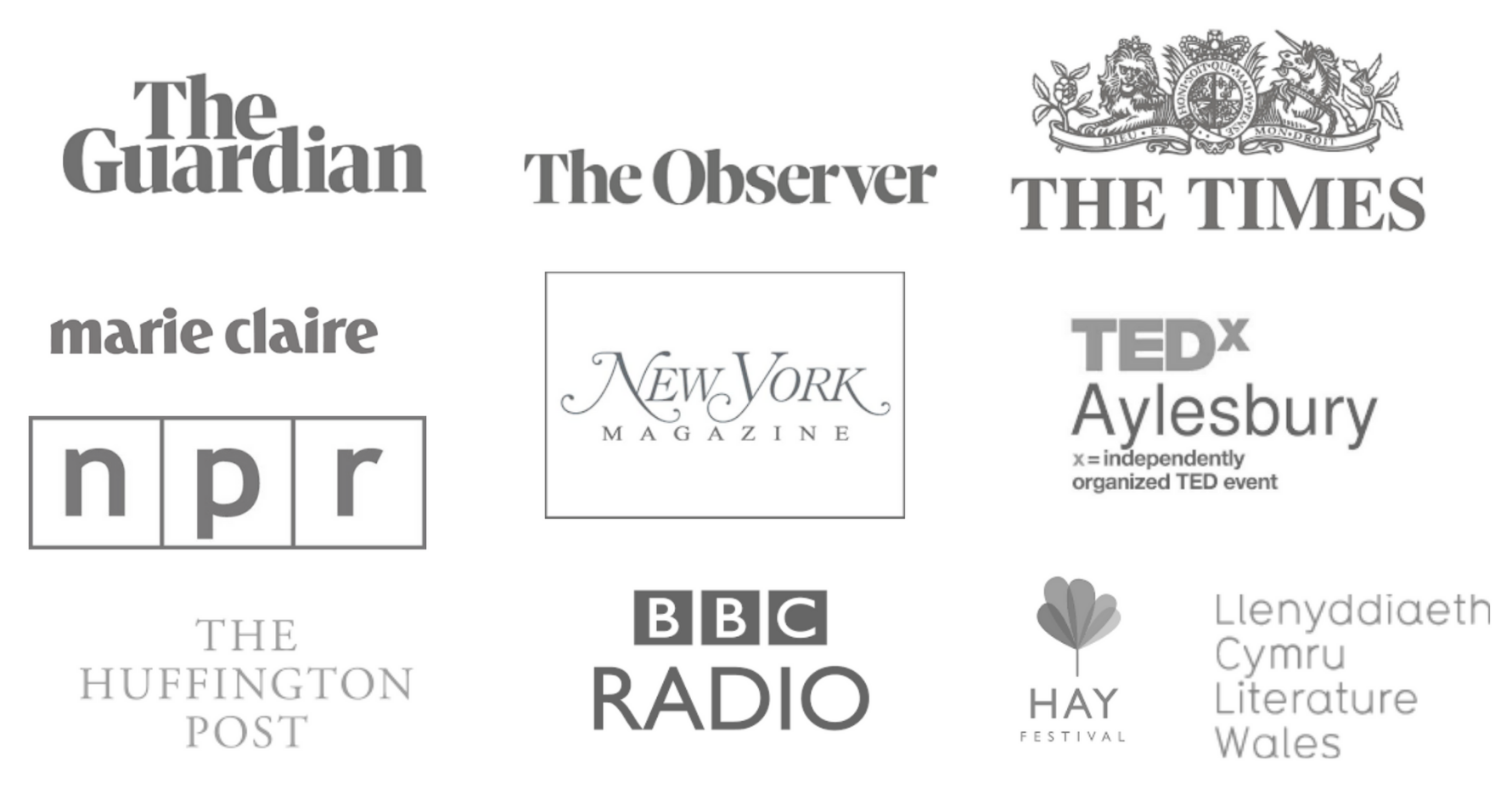The Power of Small Talk: How Deepening Conversation Deepens Us
 The art of good conversation seems to be…waning.
The art of good conversation seems to be…waning.
It may be self-doubt. When someone asks how you are, or what you’ve been up to, it may feel boastful or churlish to launch into an account of your recent ski trip, maudlin and boring to complain about the nightmare at work or the website issues you are having.
Airing your troubles in the 5 minutes you wait for the bus? Somewhat uncouth in a rushed and whispered conversation (and let’s be honest, kind of a downer too).
It’s hard. But in our efforts not to be a bore, we can end up sounding rather…boring.
When serious topics are off the table, and we avoid the thorny – yet compelling – issues of real feelings, relationships, politics, religion and money, conversation can end up a mindless froth.
A socialising muddle yes, but fulfilling?
No. Sustaining? Not at all.
Nurturing a deeper, fulfilling connection? Nearly impossible.
This superficiality of speech occurs when adults talk to kids too. Adults addressing young girls often open the conversation with a compliment on their looks. This indicates to girls that their physical appearance is the most significant thing about them.
A fascinating article by Lisa Bloom (How to Talk To Little Girls) explores this and suggests alternative starting points and questions that go deeper:
What books do you read?
What games do you like?
These, along with other questions more apt to illicit thoughtful responses are encouraged.
Undoubtedly, they are also questions most children would be happy to answer.
Ditto that for pregnant women and those of us with disabilities, whose bodies are often treated like public property, and who are weary of being asked the same repetitive, appearance based questions, or receiving unsolicited commentary on our “conditions”.
When strangers make inane comments about my disabilities, they not only overlook the probability that I have heard these same, blatantly obvious observations about myself thousands of times, but also that it is inherently rude to make off the cuff remarks about one’s physical appearance. (Imagine if this common courtesy went disregarded in our dealings with those lacking in basic fashion sense, bad skin or awful teeth!)
Does it matter? Does everyday small talk have any real impact?
You bet it does.
Just as those young girls feel the burden of a society’s judgements based upon their looks, so too do I internalize the judgements and constant focus on my disabilities.
My mother has noted that, perhaps, because I am a white person, middle class and in many ways privileged, I’ve never expected – or adjusted – to receiving such treatment, thus do not tolerate it well.
Perhaps.
But the impact of our conversation goes so much further than one person’s reactions and feelings: Language, thoughts and opinions are closely linked.
Examining our language and conversation forces us to examine our thoughts. It can unearth previously unconscious prejudices and beliefs. When racist and homophobic language is noticed, questioned and corrected our society changes.
Judgements shift. We become more empathetic.
Deeper. Human. The same can – and must – happen with misogyny and misperceptions about disability.
If we don’t continue pushing for that change, we allow prejudice, lazy manners, stereotypes and poor thinking to continue.
I’m not willing to do that.Which brings me back to the monotony of adult conversation. When striving to be sensitive, yet interesting, meaningful, yet respectful of boundaries, just how do we talk to one another?
Get interesting. Get juicy. Think outside of the social norms and usual dry openers. “What do you do?” BO-RING! Alexandra Franzen offers up some great alternatives here and here.
And when you are volleyed a barrage of those yawn-inducing repetitive questions, shake things up with a hearty helping of personality.
If you happen to have a disability, I’ve written an e-book to help you navigate and respond to them with style. It’s a what-to-say guide, and mini-revolution through daily interaction that you can get here.
Happy Chatting!

